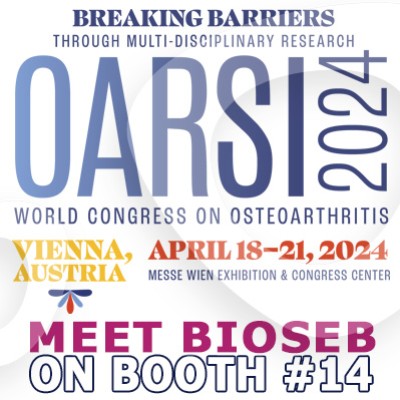Authors
I Cho, JM Kim, EJ Kim et al
Lab
Anesthesia and Pain Research Institute, Yonsei University College of Medicine, Seoul, Korea
Journal
Journal of Neuroinflammation
Abstract
Postoperative pain is a common phenomenon after surgery and is closely associated with the development of postoperative cognitive dysfunction (POCD). Persistent pain and systemic inflammation caused by surgery have been suggested as key factors for the development of POCD. Fractalkine (CX3CL1) and its receptor, the CX3C chemokine receptor 1 (CX3CR1), are known to play a key role in pain and inflammation signaling pathways. Recent studies have shown that the regulation of CX3CR1/L1 signaling influences the development of various diseases including neuronal diseases. We determined whether CX3CR1/L1 signaling is a putative therapeutic target for POCD in a mouse model.
BIOSEB Instruments Used:
Von Frey Filaments (Bio-VF-M)

 Pain - Thermal Allodynia / Hyperalgesia
Pain - Thermal Allodynia / Hyperalgesia Pain - Spontaneous Pain - Postural Deficit
Pain - Spontaneous Pain - Postural Deficit Pain - Mechanical Allodynia / Hyperalgesia
Pain - Mechanical Allodynia / Hyperalgesia Learning/Memory - Attention - Addiction
Learning/Memory - Attention - Addiction Physiology & Respiratory Research
Physiology & Respiratory Research
 Pain
Pain Metabolism
Metabolism Motor control
Motor control Neurodegeneration
Neurodegeneration Cross-disciplinary subjects
Cross-disciplinary subjects Muscular system
Muscular system General activity
General activity Mood Disorders
Mood Disorders Other disorders
Other disorders Joints
Joints Central Nervous System (CNS)
Central Nervous System (CNS) Sensory system
Sensory system
